
Hungarian Prime Minister Viktor Orbán discussed a wide range of topics with astronaut Tibor Kapu during a video call on Sunday. Kapu shared insights into his experiences so far aboard the International Space Station, including details about the experiments he is conducting and the Hungarian food he brought with him to space.

Two firefighters were shot dead, while one was hit but survived, while responding to a bushfire near Coeur d’Alene, Idaho. Authorities believe the shooter is now dead as a deceased man was found with a rifle near the crime scene. The identity and the motive of the man who committed the heinous act are yet to be known.

As Hungary braces for a record hot summer, the government is covering farmers’ water fees and expanding irrigation efforts. Agriculture Minister István Nagy criticized Brussels and the Tisza Party for backing EU plans that would shift drought costs to farmers.

At the NATO summit in The Hague, leaders pledged record defence spending—5 per cent of GDP by 2035—marking the biggest shift since the Cold War. While Ukraine saw little progress toward membership, Donald Trump stole the spotlight with military success and strong support from allies, reshaping the summit’s focus toward core defence.

The US government has lifted sanctions related to Hungary’s Paks nuclear power plant expansion, a move Foreign Minister Péter Szijjártó credits to the new Trump-led administration, calling it key to Hungary’s long-term energy security.
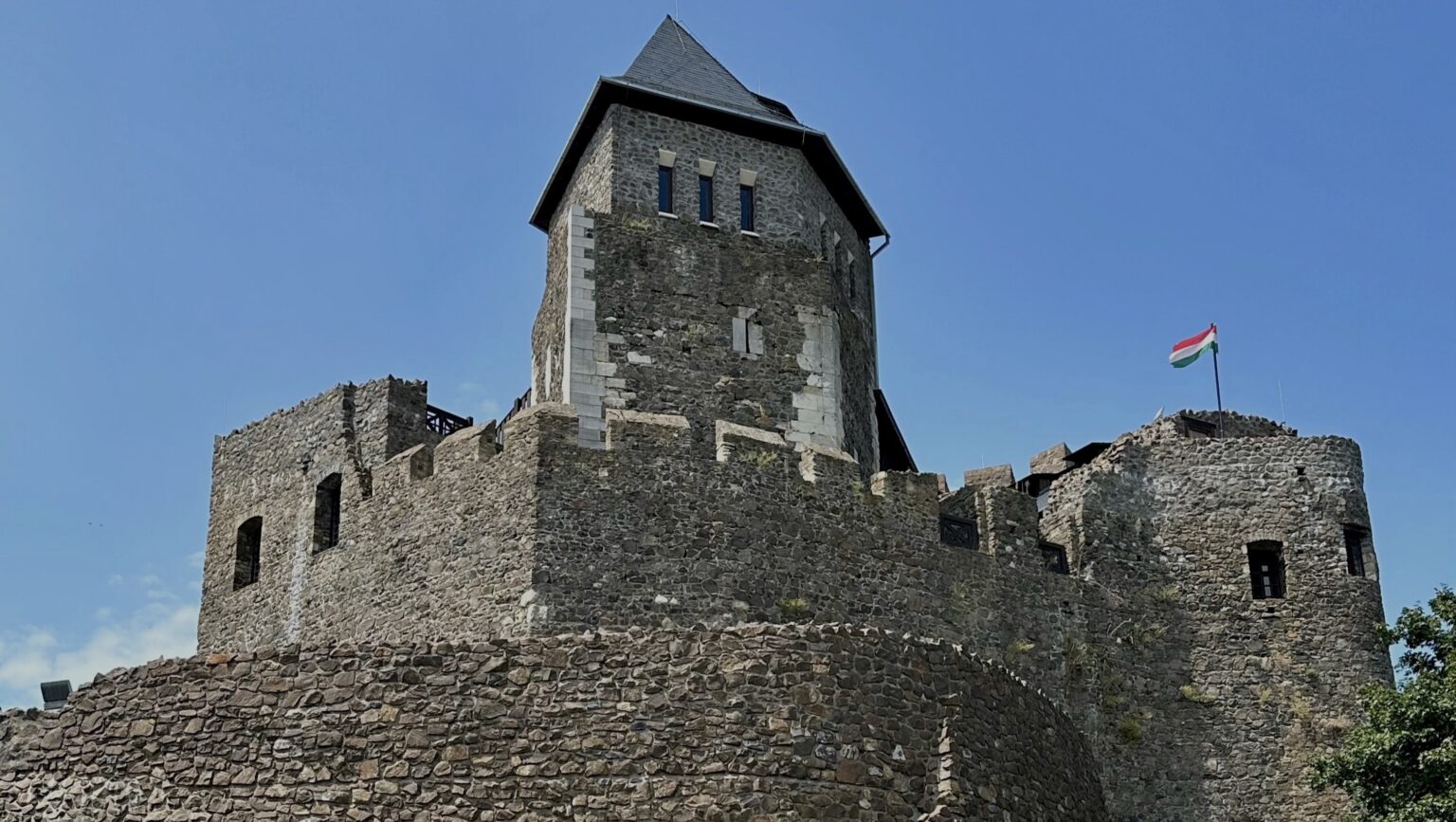
‘Hollókő Castle is a key site within Hungary’s National Castle Programme, a state-led initiative to restore and honour the historic strongholds that once defended our homeland. The planned third phase of the programme will further elevate the castle’s stature as a beacon of national remembrance.’
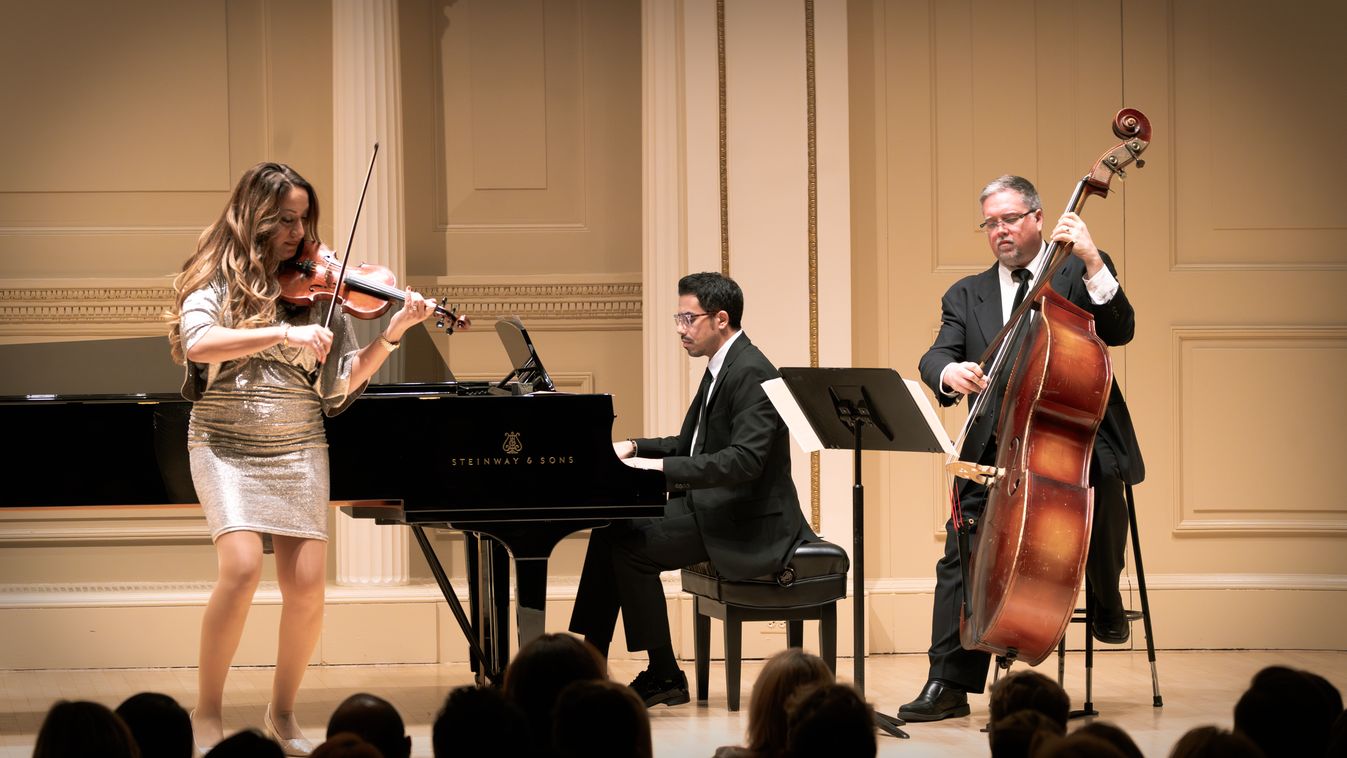
‘I realized that I could actually explain to children that the violin can be used to play anything. I started talking to them about where they had traveled, and I told them that for me, the violin is my passport because it has taken me to 90 countries. I also explained to them that classical music is the foundation—it gives you the technique that allows you to play anything.’
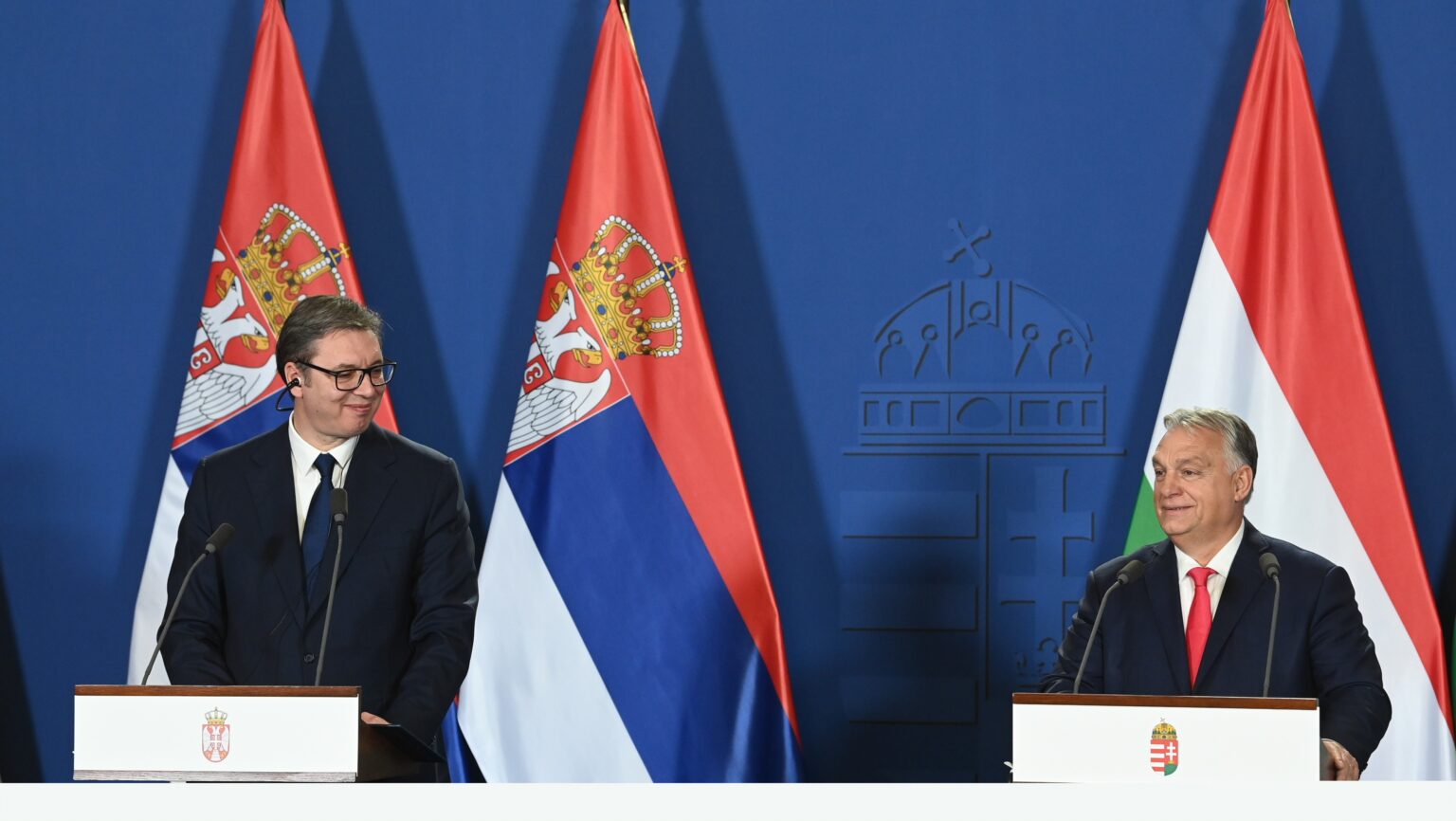
‘In short, for the vast majority of the people in the region, Hungary would be the most acceptable and desirable form of Europe and Europeanization. Of course, the close connection with Trump, whom many truly appreciate and respect in the Balkans, also significantly contributes to this.’
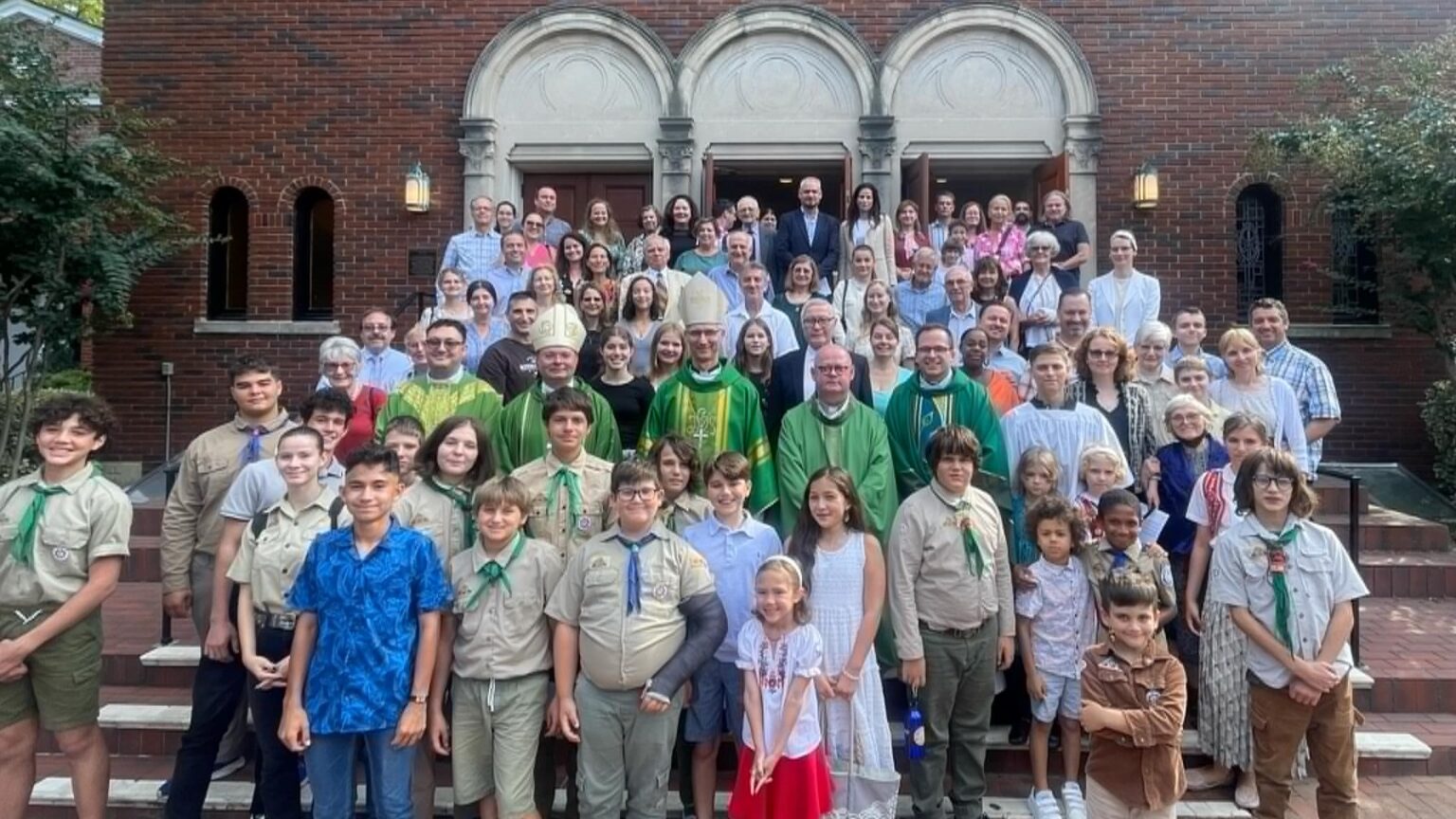
‘We felt the Holy Spirit was hearing our prayers, and it seemed to be watching over us ever since. The restart was not without obstacles. The new German pastor simply disliked Hungarians and no longer allowed us to use his church for Hungarian Masses. Within a month, however…we secured a larger chapel in the lower church of the Basilica of the National Shrine of the Immaculate Conception.’
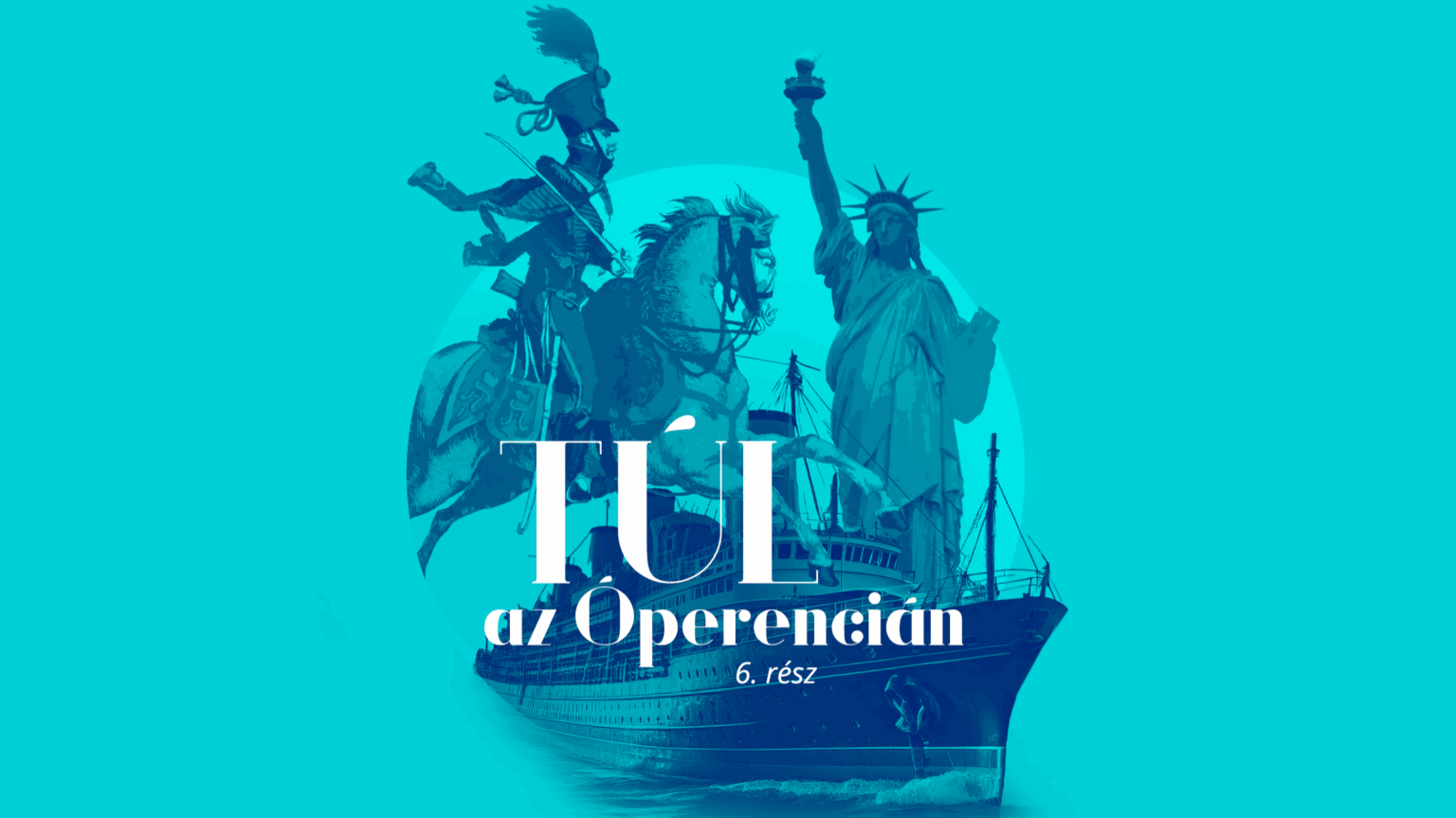
In its ‘Beyond the Óperencia’ series, Magyar Krónika is looking at the meeting points of America and Hungary, and at Hungarians in America…In this part, let us continue the adventurous story of Béla Estván, a swindler who pretended to be Hungarian in the US and whose life, built on lies, finally collapsed in Vienna after blackmailing Franz Joseph I.

‘“Perpill” is more than a collection of objects. It is an intellectual and visual experiment that connects the ideals of collective creation with a renewed interpretation of sculptural tradition. The BAGUDA group stands as an exemplary model of how individual artistic vision and communal discourse can strengthen, rather than undermine, one another.’

Speaking to Euronews in Brussels, Balázs Orbán warned that admitting Ukraine into the EU means importing conflict with Russia, insisting Hungary will not support Kyiv’s accession while war rages on. He further criticized Western sanctions for damaging the EU’s economy, stressing that peace remains distant and Russia has not been weakened, despite nearly three years of punitive measures.
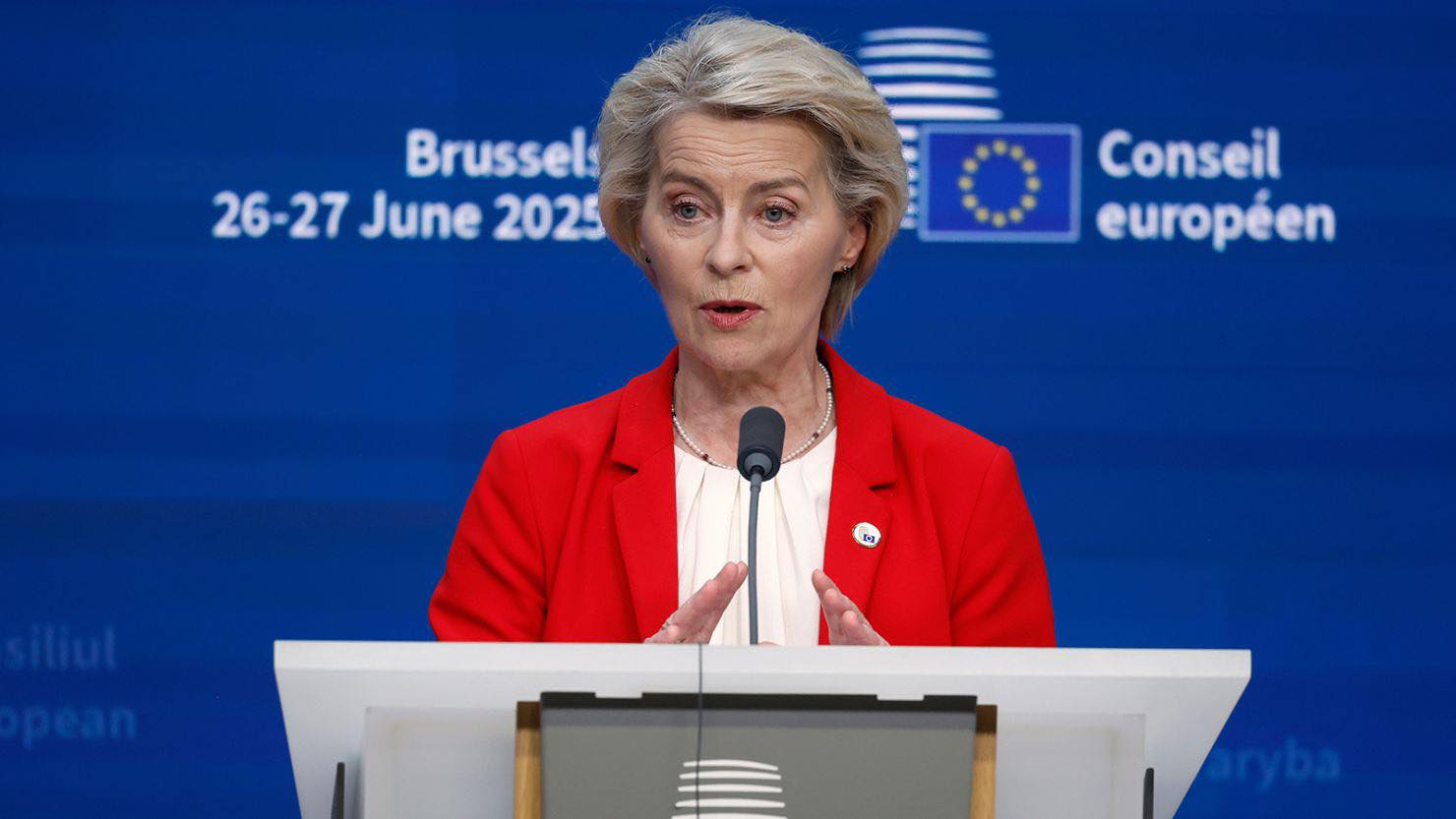
Balázs Németh, the spokesperson for the Fidesz faction in the Hungarian National Assembly, called out the hypocrisy of the EU leaders in a recent Facebook post. As he pointed out, Brussels is happy to ignore its own fundamental rules when it’s convenient, such as in the case of Ukraine’s EU accession, which Hungary is currently blocking.

Chinese company BYD is set to construct a new electric bus plant in Komárom, Hungary, representing an investment of HUF 32 billion. The announcement was made by Hungarian Minister for Foreign Affairs and Trade Péter Szijjártó, who highlighted Hungary’s leading role in electric vehicle manufacturing in Europe.

Hungary has returned to space after 45 years as Tibor Kapu, aboard Axiom Space’s Ax-4 mission, joins the ISS crew to conduct cutting-edge research. Kapu, tasked with experiments from cardiovascular monitoring to advanced navigation systems, represents the HUNOR programme’s ambitions while contributing to crucial studies on microgravity’s impact on human health and technology.

Hungary marks Border Patrol Day on 27 June, honuoring King Saint Ladislaus, founder of the country’s first patrol force. Unique in Europe, Hungary has led in border protection, notably since 2015. Despite EU pressure and daily fines, it continues efforts to secure its southern border and the EU’s external frontier.

Hungarian Prime Minister Viktor Orbán declared that Hungary, backed by over two million votes in the ‘Voks 2025’ initiative, has blocked Ukraine’s EU accession. Speaking on Kossuth Radio, he also touched on migration, energy, the Pride march, and space policy.

Hungary’s revamped Artificial Intelligence Strategy will soon go before the government, aiming to harness AI’s full potential across public services, industry, and the data economy, according to AI commissioner László Palkovics.
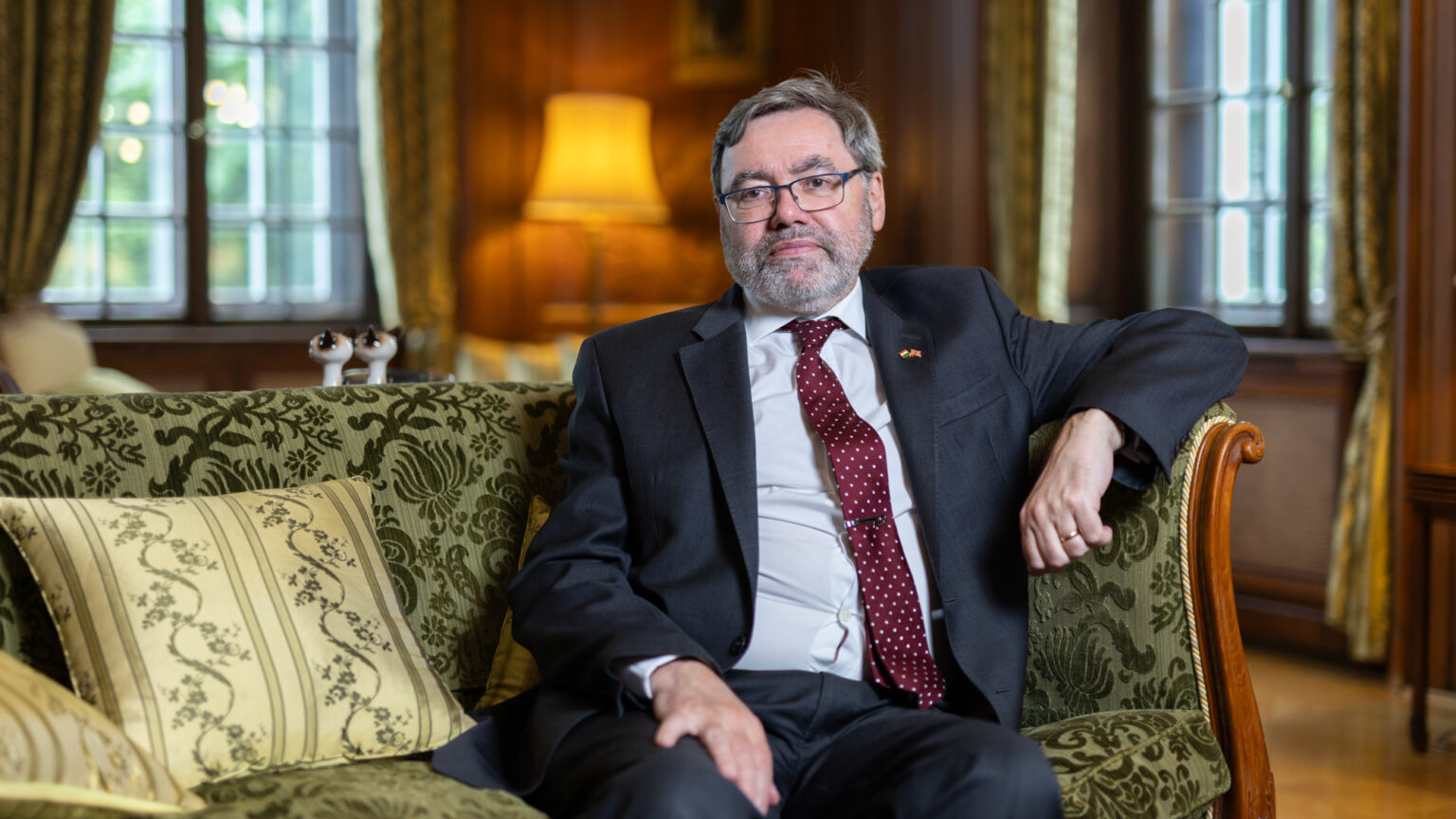
Should Ukraine join the EU? Is Russia a threat to Europe? Does Trump endanger transatlantic relations? And how are British–Hungarian relations after five years in the making? We spoke with the British Ambassador to Hungary on the occasion of his completion of a five-year term as Ambassador this autumn.

‘And therein lies the challenge: while Russia’s decline creates a vacuum, China fills it with discretion. It has not entered the war—but it shapes its parameters. It has not declared sides—but it has ensured that one survives. That ambiguity is not a flaw of Beijing’s strategy. It is the strategy.’

The Hungarian government took every step to protect Hungary and the Hungarian families.
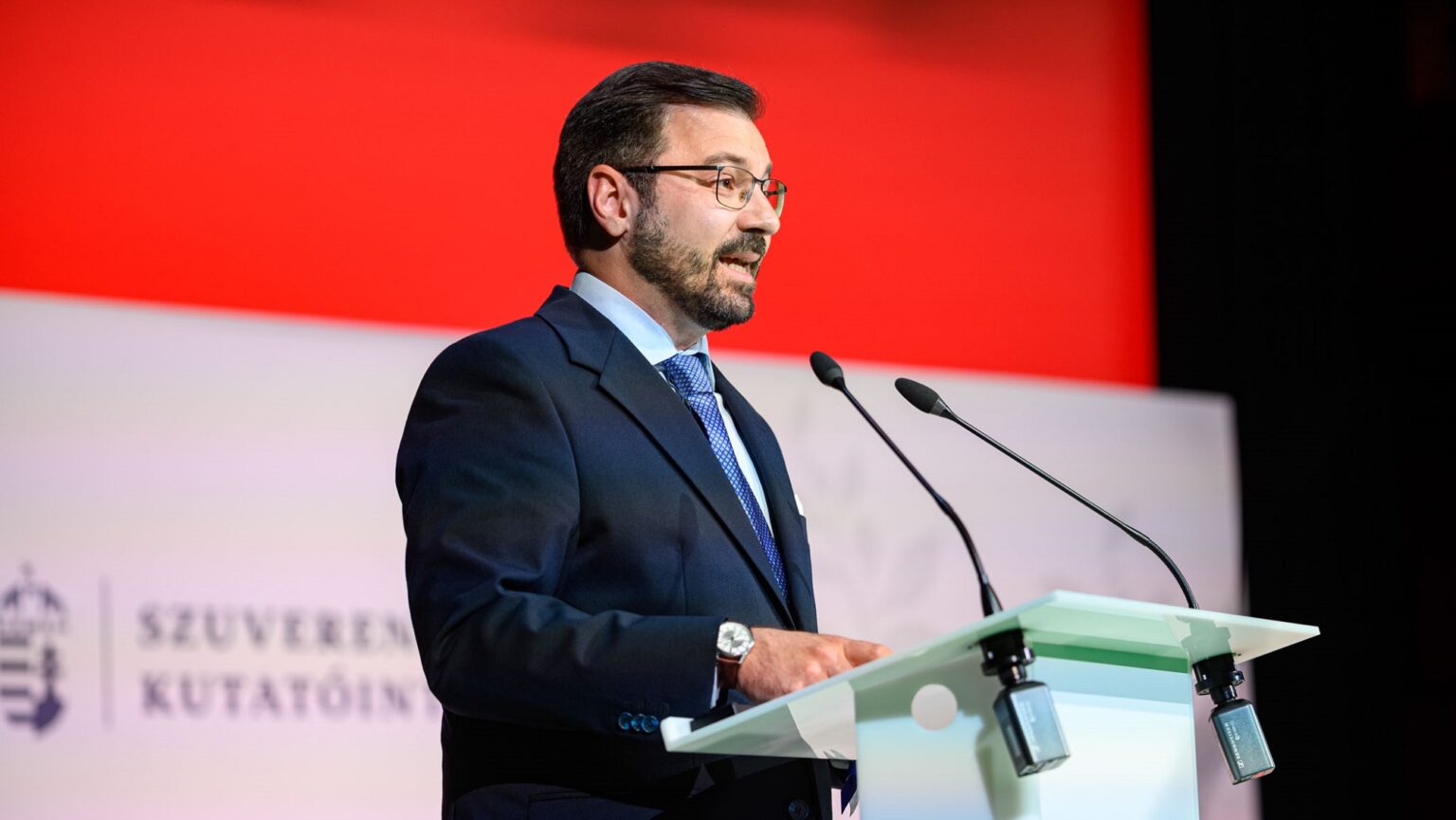
At an event hosted by the Research Institute for the Defence of Sovereignty, Miklós Szánthó, Director General for the Center for Fundamental Rights, talked about the foreign threats targeting Hungary’s national sovereignty; as well as what is at stake in next year’s Hungarian parliamentary election.
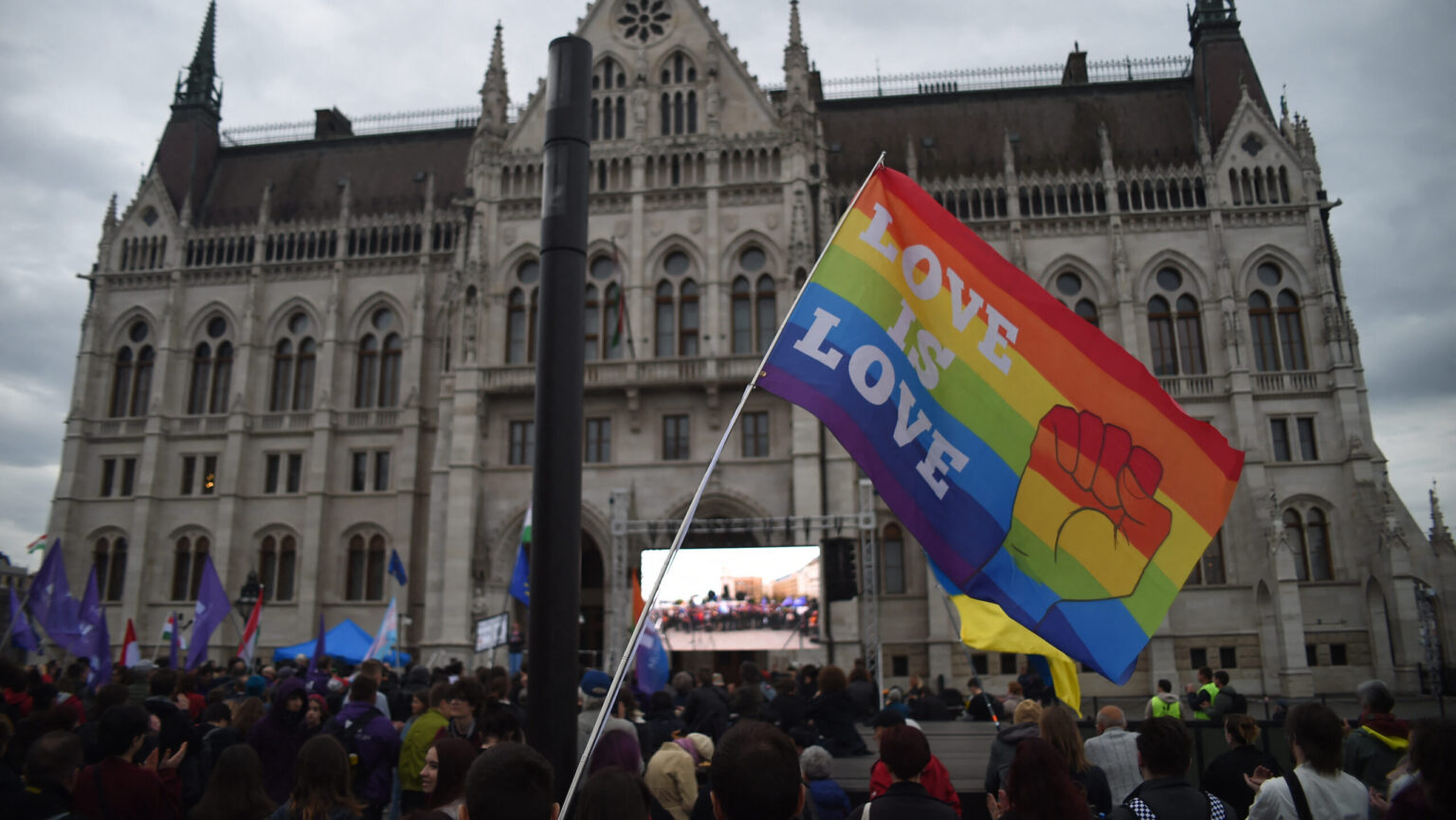
European Commission President Ursula von der Leyen has called on Hungarian authorities to allow the Budapest Pride march—scheduled for Saturday—to proceed, despite new legislation banning it. Prime Minister Viktor Orbán urged von der Leyen not to interfere in Hungary’s domestic affairs.
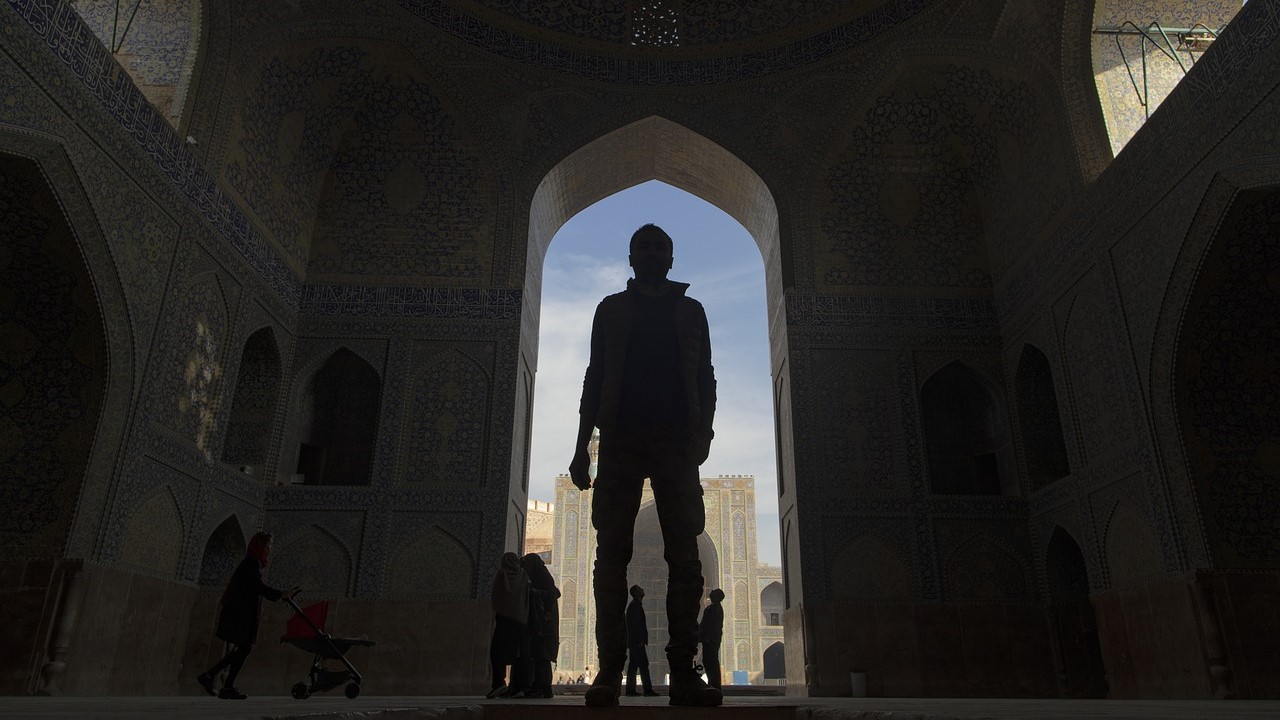
Israel’s 12-day offensive against Iran aimed to derail Tehran’s nuclear ambitions—an effort ultimately reinforced by a decisive intervention from Donald Trump.

Researchers at the Budapest University of Technology and Economics have created the world’s first monostable tetrahedron—an object that always flips to rest on the same face—potentially transforming spacecraft design and landing systems.

Hungary’s Balaton Park Circuit will host both MotoGP and Superbike World Championship rounds this summer, marking a major milestone for Hungarian motorsport and offering new opportunities to inspire the next generation of riders.

Who started the war? Who is violating international law and committing war crimes? How much damage has Iran suffered, and how much damage can it cause to Israel? Our interview with Morteza Moradian, Ambassador of the Islamic Republic of Iran in Budapest, about the context of the war.
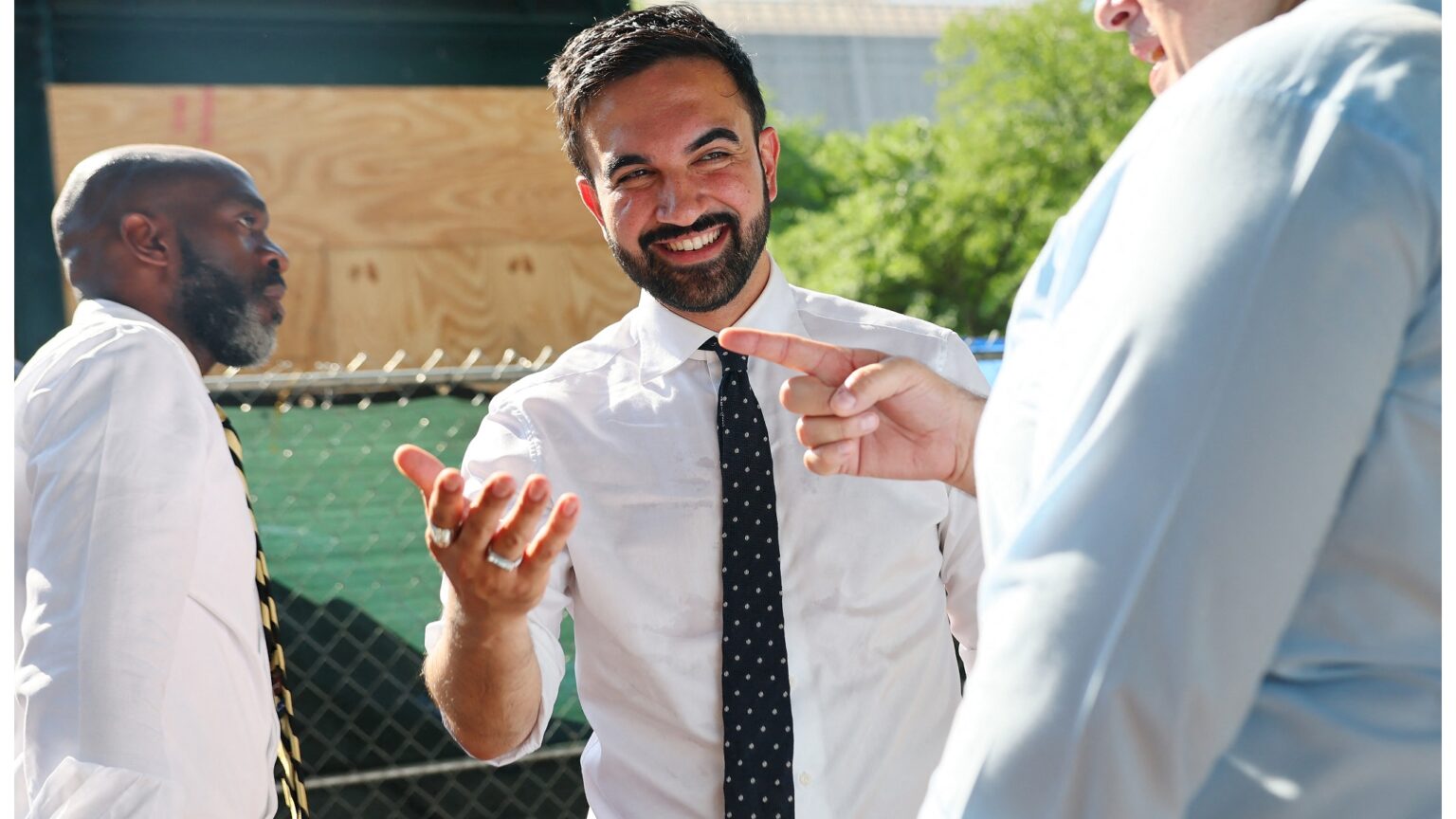
33-year-old radical socialist Zohran Mamdani won the Democratic primary for the 2025 New York City mayoral election. Previously, he has publicly supported radial ideas such as defunding the police for ‘queer liberation,’ decriminalizing prostitution, and safe injection sites for drug addicts—the American political establishment on both sides is stunned.

Hungary’s Voks 2025 referendum on Ukraine’s EU accession became one of the most successful public consultations ever, with over 2.2 million votes. State Secretary Balázs Hidvéghi declared the results will shape Hungary’s stance in Brussels, opposing what he calls a ‘reckless’ EU push for Ukraine’s membership.
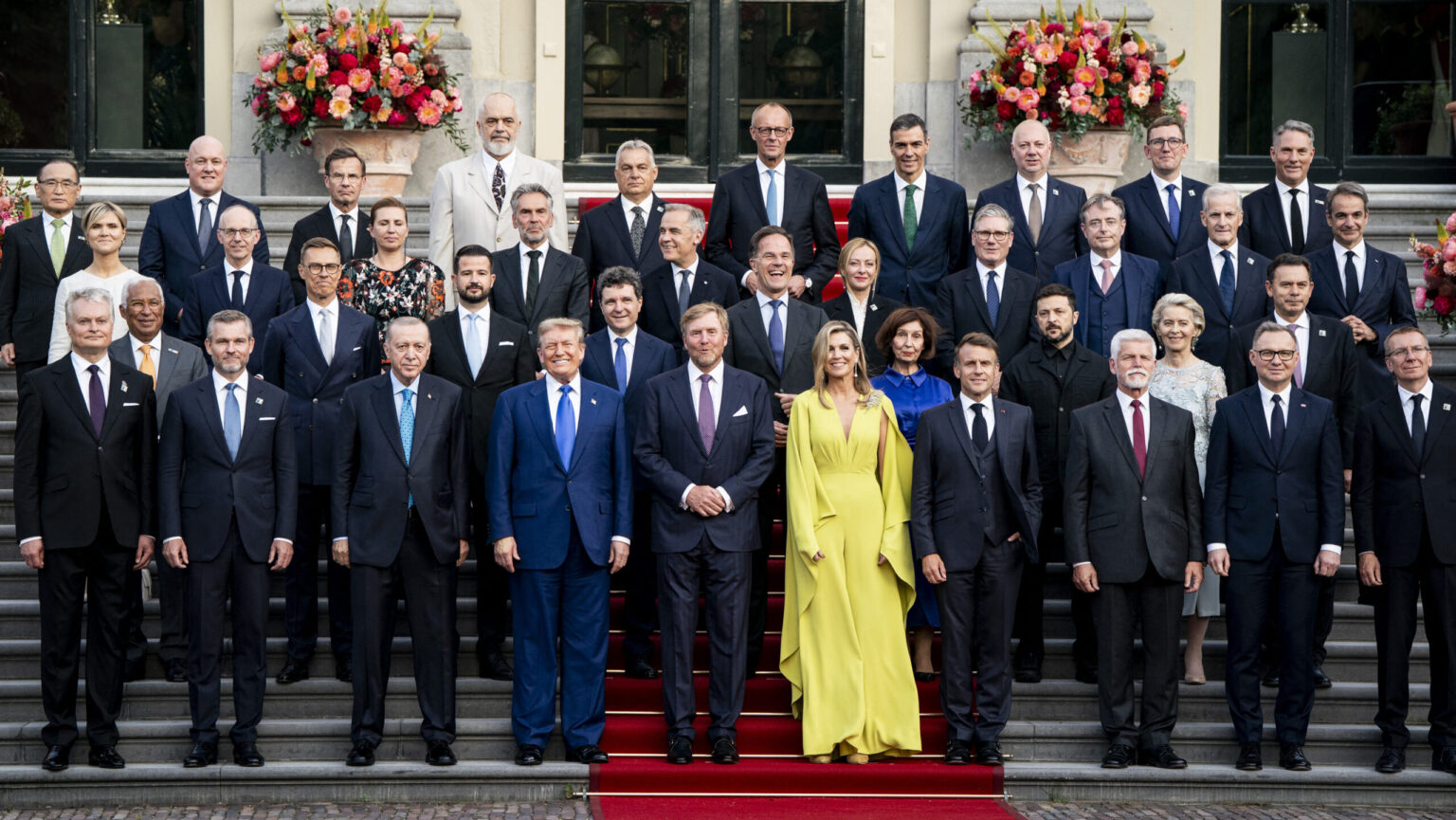
Hungarian Prime Minister Viktor Orbán described this year’s NATO summit as a ‘battle won’ for member states advocating the strengthening of the Alliance over prioritizing Ukraine. He also emphasized that the European Union must ease its fiscal rules to enable member states to meet the new 5 per cent defence commitment by 2035.